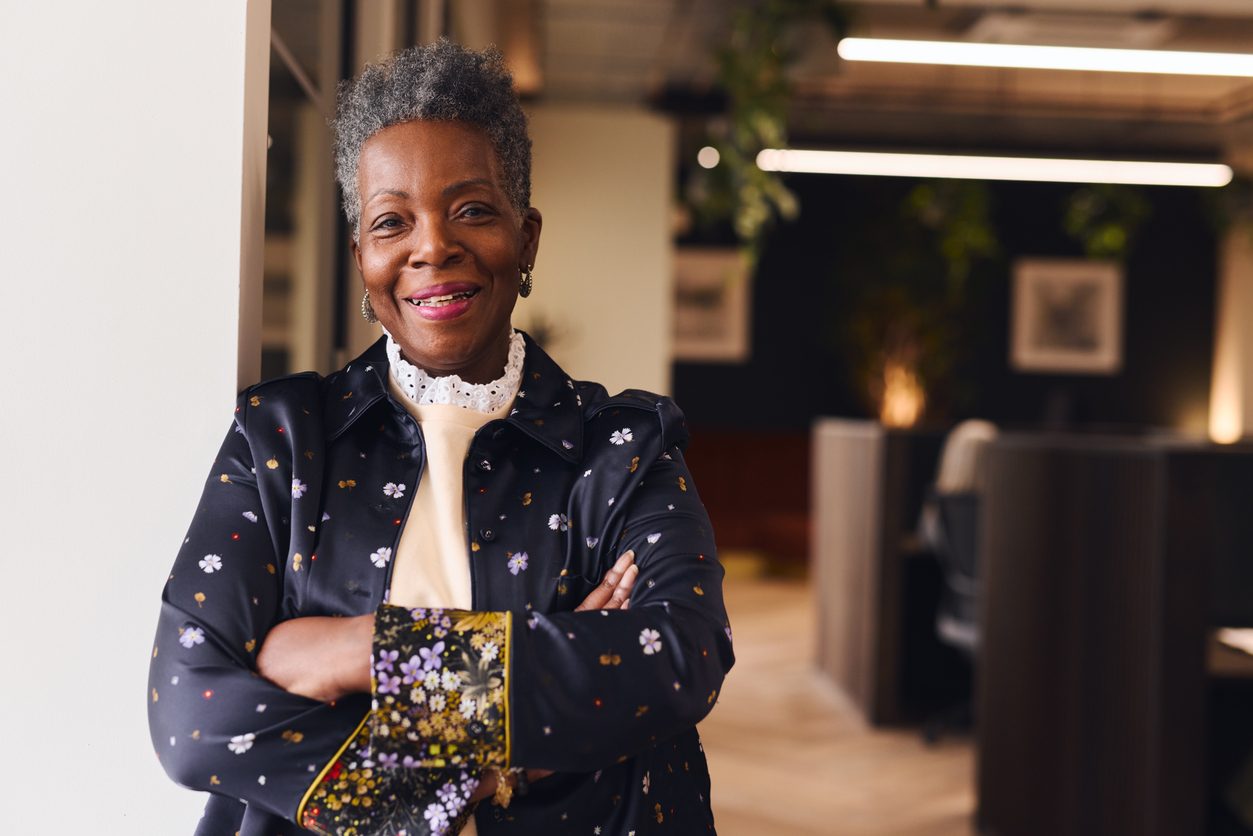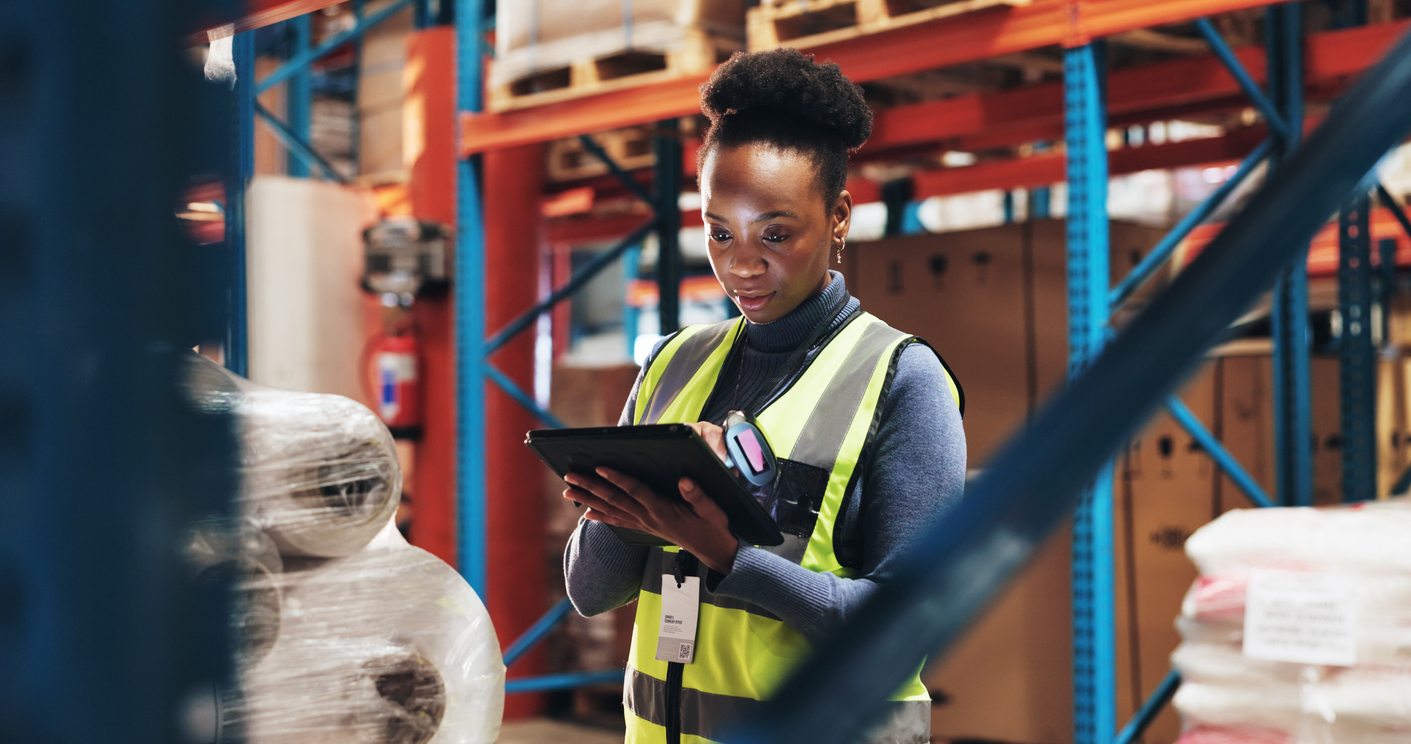Creating a Culture of Trust: How Wigmore Trading Prioritizes Psychological Safety in Africa
Creating a Culture of Trust: How Wigmore Trading Prioritizes Psychological Safety in Africa
Trust is the foundation of any successful team, and without it, productivity and morale can quickly plummet. But how do you build a culture of trust in an organization that spans across multiple countries and cultures? Wigmore Trading has found the key to prioritizing psychological safety in their African operations, leading to increased employee engagement, innovation, and overall success. In this blog post, we’ll dive into how Wigmore Trading created a culture of trust through intentional practices and why it’s essential for businesses operating in Africa or any other global market.
Introduction: What is Psychological Safety?
Psychological safety is a term used in organizational psychology to describe an environment where employees feel comfortable taking risks and speaking up without fear of reprisal. In other words, it’s a workplace where people feel free to be themselves and share their ideas without fear of judgement or retribution.
Wigmore Trading is a company that prioritizes psychological safety for its employees, especially those who work in Africa. The company has a set of values that includes respect, transparency, and trust. These values are reflected in the way the company operates and the way its employees interact with each other.
For example, Wigmore Trading has an open door policy that allows any employee to speak to their managers about anything, no matter how small or insignificant it may seem. This policy fosters an environment of trust and mutual respect between managers and employees.
Additionally, the company regularly communicates with its employees about its plans and strategies. This transparency creates a feeling of inclusion and ownership among employees, who know that their input is valued and appreciated.
Finally, Wigmore Trading has a strict no-tolerance policy for discrimination or harassment of any kind. This sends a clear message to employees that they will be respected and treated fairly regardless of their race, gender, religion, or sexual orientation.
By creating an environment that is based on trust, respect, and transparency, Wigmore Trading has built a culture of psychological safety for its employees. This culture allows everyone to feel comfortable
The Importance of Creating a Culture of Trust in African Business
There are many reasons why it’s important to create a culture of trust in African business. For one, trust is the foundation of any healthy relationship. It’s also the bedrock of effective communication and collaboration. Without trust, businesses will find it difficult to thrive and grow.
Furthermore, trust is especially important in Africa because of the continent’s history of conflict and violence. In order to build successful businesses in Africa, it’s essential to create an environment where people feel safe and comfortable sharing their ideas and working together.
Wigmore Trading is a company that understands the importance of creating a culture of trust. We prioritize psychological safety in our workplace by encouraging open communication, fostering a sense of belonging, and promoting respect for individual differences. By creating an environment where people feel safe to be themselves and share their ideas, we’re able to tap into the collective wisdom of our team and make better decisions for our business.
How Wigmore Trading Prioritizes Psychological Safety
At Wigmore Trading, we believe that psychological safety is essential for our employees to be able to do their best work. We prioritize creating a culture of trust, respect, and openness in order to allow our team members to feel comfortable sharing ideas and taking risks.
One way we foster psychological safety is by encouraging open communication and collaboration. We provide regular opportunities for our team members to give feedback and suggestions on how we can improve. We also have an open-door policy so that anyone can come speak with leadership about concerns or ideas.
Another way we prioritize psychological safety is by investing in training and development programs that help our employees build confidence and skills. We want our team members to feel prepared to take on new challenges and know that they have the support of their colleagues when doing so.
Creating a culture of psychological safety is essential to our success at Wigmore Trading. It allows us to attract and retain top talent, fosters innovation and creativity, and builds trust within our team.
Strategies for Implementing Psychological Safety Practices
When it comes to creating a culture of trust, one of the most important things that organizations can do is to prioritize psychological safety. Here are some strategies for implementing practices that promote psychological safety:
1. Encourage open communication: One of the key components of psychological safety is open and honest communication. Organizations should create an environment where employees feel comfortable speaking up and sharing their ideas and concerns.
2. Support employee growth and development: Another way to promote psychological safety is by supporting employees in their growth and development. This includes providing opportunities for training and professional development, as well as offering mentorship programs.
3. Promote a healthy work-life balance: Finally, it’s important to promote a healthy work-life balance for employees. This means creating flexible work arrangements and policies that allow employees to take care of their personal needs outside of work.
Challenges to Overcome in Establishing a Culture of Trust
When it comes to creating a culture of trust, there are always going to be challenges to overcome. Whether it’s in the workplace or in our personal lives, we all face challenges that can test our trustworthiness.
One of the biggest challenges to overcome is the fear of being judged. We’re all afraid of being judged by others, especially when it comes to our work. We worry that our mistakes will be held against us and that we’ll be seen as incompetent or untrustworthy.
The best way to overcome this fear is by creating a safe environment where everyone feels comfortable making mistakes. We need to feel like we can openly share our thoughts and ideas without judgement. Only then can we truly trust each other.
Another challenge to establishing a culture of trust is the fear of failure. We’re all afraid of failing, but sometimes it’s necessary in order to learn and grow. If we’re not willing to take risks, we’ll never achieve anything great.
The key is to focus on the process, not the outcome. As long as we’re learning from our failures and growing as individuals, we’re moving in the right direction. Trusting each other allows us to take these risks without fearing the consequences.
Ultimately, the biggest challenge to establishing a culture of trust is ourselves. We need to learn to trust ourselves before we can expect others to do the same. If we don’t believe in our own abilities, how can we expect anyone else
Conclusion: The Benefits of Practicing Psychological Safety at Wigmore Trading
Psychological safety is the belief that one will not be punished or humiliated for taking risks and speaking up with ideas, questions, or concerns. It is a fundamental element of an effective team and organizational culture. At Wigmore Trading, we prioritize psychological safety in our organization for several reasons:
1. We believe that it leads to better decision-making.
2. We know that it fosters creativity and innovation.
3.We think it builds trust and respect among team members.
4.It allows for open communication and feedback.
5. Psychological safety creates a learning environment where people feel comfortable taking risks and trying new things.
6. Finally, we believe that psychological safety leads to more engaged and productive employees.








LEAVE A COMMENT
You must be logged in to post a comment.